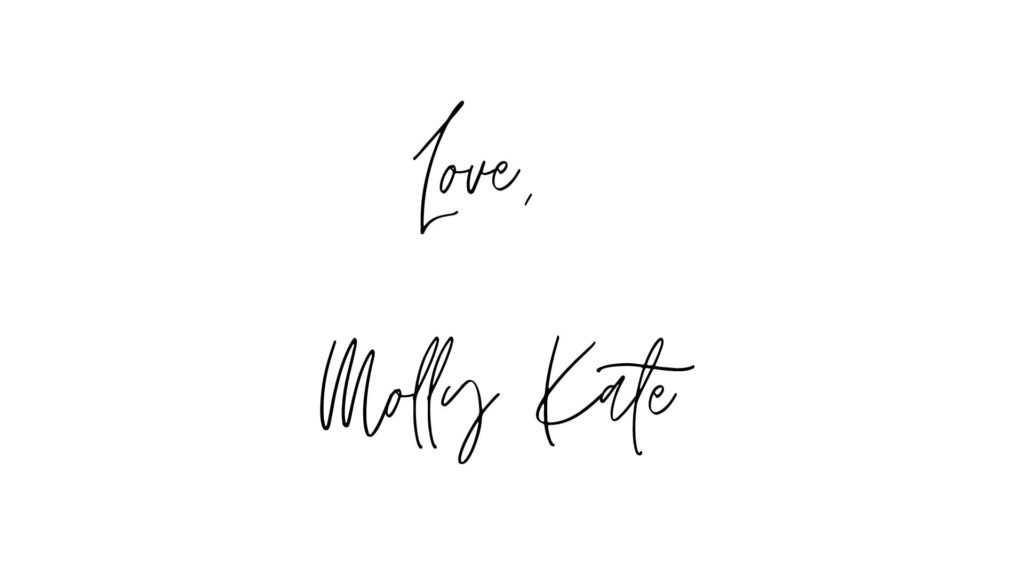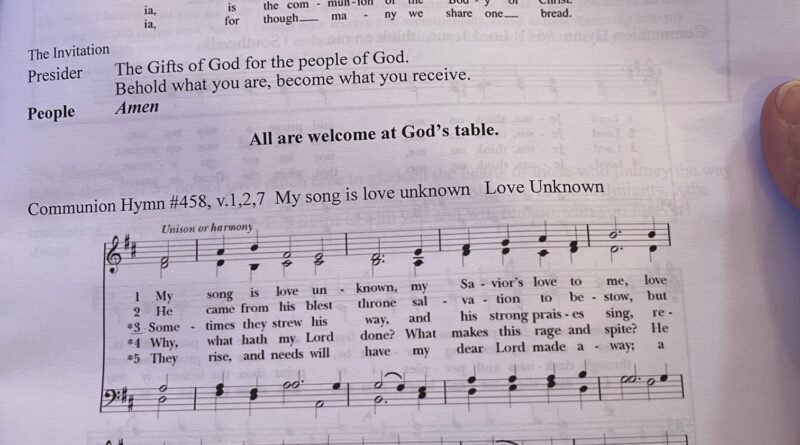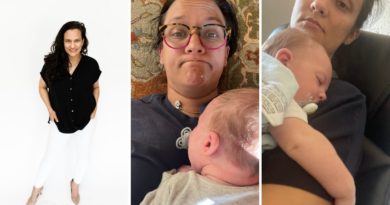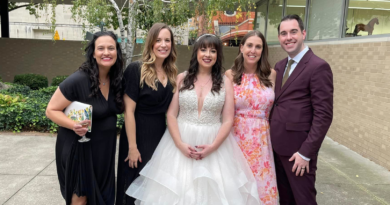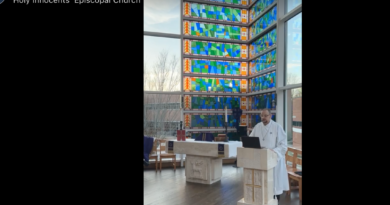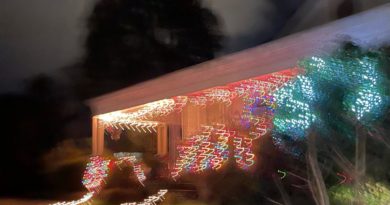A Question of High vs. Low… Church
I am in the middle of my Discernment Process. I capitalize this because it’s a certain kind of discernment: one to figure out my calling in the church.
I’ve written a lot about my faith over the years… here, here, here, oh and here, and probably one of my favorite reflections I’ve written is here.
That first post was written almost ten years ago. It feels like a long time to have a slow burning calling inside of my heart. It’s been eight years since I heard, for the very first time, Bishop Wright say that believing in Jesus will mess you up.
It’s been about two years now since I first really felt what could be seen as a calling to be a deacon in the church. I remember because it was mid COVID 19 pandemic and just after I had finished my Master’s program. I wasn’t sure I wanted to jump right into this program, there was a quick turnaround time to decide, plus I had just switched churches, I hadn’t done the suggested readings, etc etc. So I put it on the back burner.
During these past two years, some things have become more clear for me. I started attending church in person again, not just online, and the calling- this speaking inside my spirit, was still there.
Deacons have a specific ministry in the Episcopal church. To explain, I’ve pulled the definition from the Episcopal Church website:
“Deacons are members of one of three distinct orders of ordained ministry (with bishops and presbyters). In the Episcopal Church a deacon exercises “a special ministry of servanthood” directly under the deacon’s bishop, serving all people and especially those in need (BCP, p. 543). This definition reflects the practice of the early church, in which deacons were ordained “not to the priesthood but to the servanthood [diakonia, “ministry”] of the bishop” (Hippolytus, Apostolic Tradition). In the ancient Greek-speaking world the term diakonos meant an intermediary who acted or spoke for a superior. Christian deacons were agents of the bishop, often with oversight of charity. Since ancient times the liturgical functions of deacons have suggested the activity of angels. As they proclaim the gospel, lead intercessions, wait at the eucharistic table, and direct the order of the assembly, deacons act as sacred messengers, agents, and attendants. The revival of the order of deacons in the twentieth century has emphasized social care and service. Many bishops in the Episcopal Church expect their deacons to promote care of the needy outside the church. In addition to those ordained deacon as a permanent vocation, there are also “transitional deacons” who are ordained deacon as a preliminary step toward ordination as a priest. This practice is required by the canons of the Episcopal Church, but its theology and usefulness has been questioned by those who favor direct ordination to the order for which one is chosen. See Direct Ordination.”
What exactly do I feel called to do? That’s part of this discernment process. I couldn’t quite tell you WHY I feel called to being a deacon other than I feel called to serve, especially those outside of the traditional church walls. Those who have been hurt by church. Those who many churches may turn away. To wash the feet of those who may need it more than anyone else, but are afraid to speak up. I want to talk about my faith out loud, and I feel more emboldened to do so not as a means of forcing my thoughts on others but simply to share love with them. If you have love from no one else know that it can come to you, and you deserve it.
With that said, I know I will stumble. I know I will still hurt others and it really bothers me. I do still have a habit of sticking my foot square in my mouth. But I also believe that love and true kindness means calling out injustices.
One can do all of these things without being ordained- so why this specific process for me? I don’t know that I can say why, other than it’s a stirring deep in my soul. With anything else in my life I can explain to you a very clear path and reasoning for doing so but with this- there’s so many reasons why I shouldn’t do it. I have children, I’m a busy single mother, I just got into a PhD program, I work… etc etc. But I also believe those things can make me more able to minister to others. Those who feel left behind by life.
Along with that, I have just really enjoyed this process. The weekly meetings with Father Ben. The weekly zoom calls with our Episcopal cohort. The community that I am building up in the process. The strength I am gathering from others. And, I hope, to get permission to turn my weekly talks with Father Ben into a podcast- to illuminate this process. To show others that even if you have felt this place isn’t for you- if you have been shut out elsewhere then our doors are opened so very wide for you. You are welcome no matter your dress, your sexual orientation, your race, or even if you believe in God and Jesus and the Holy Spirit at all. You. Are. Welcome.
With that said, there was a comment made to me not long ago…. a conversation relayed to me about High versus Low churches. That High church services are not welcoming, that they shut people out. That a Low church service welcomes All. I spoke with Father Ben about that because it was mind boggling to me. Our church is one that welcomes all but we are seen as having a high church style. And yet, the low church service I recently attended kicked me out of the sanctuary because my child was cooing and thus interrupting the Holy Spirit.
Just because you let people wear jeans and bring their coffee cups into church does not mean you’re more welcoming.
In the High church service that we practice we often use incense, we have acolytes that carry the cross, but we also democratize our services because everyone is called to participate in the liturgy. During the Eucharist, if the people aren’t there to say “and Also With You” to the minister during the blessing then the Eucharist cannot happen. It takes having the people to make it whole.
In that low church I attended, it was just people preaching at us on stage- we were not active participants in the ritual of the church and you damn sure weren’t allowed to be distracting from that minister. It was a central focus on him and what he had to say. There was no audience participation allowed. There was no communion.
Which also brings me to the point of youth in our churches. In that low church style service the minister preached about the problems of our youth and blamed it on social media despite using that media to stream and advertise their own services but he was missing the whole issue at hand. The youth, and so many others, hear the message loud and clear that they only want them to participate in church if you can do it their way. And so many people today have said ENOUGH.
If you are there- if you have had enough and you have been abandoned and even if you haven’t… there is a home for you if you want it.
I hope that y’all can bear with me as I go through this process and share it with each of you. I hope you will be a part of my communion and assist me in my growth and reflections. I hope you and I can be a part of this discernment together.
Thank you.
